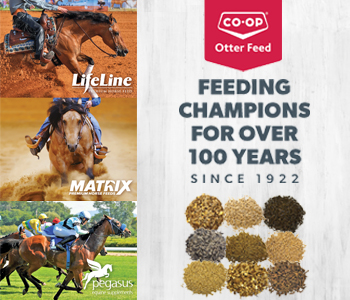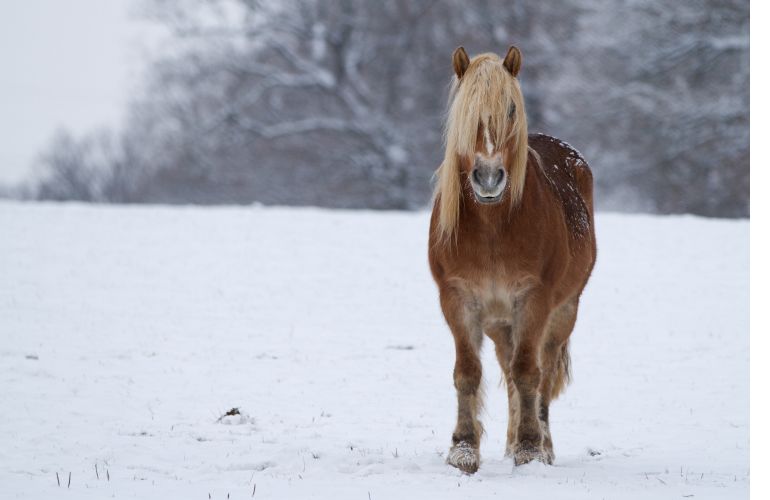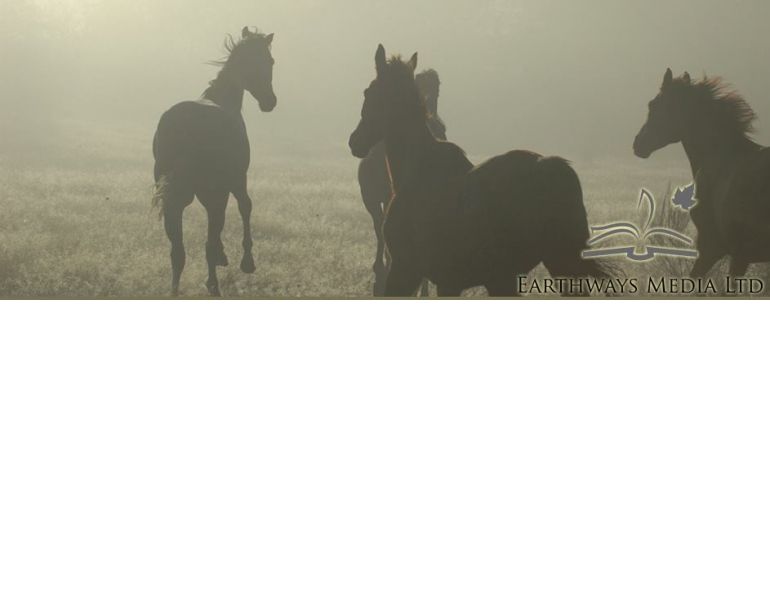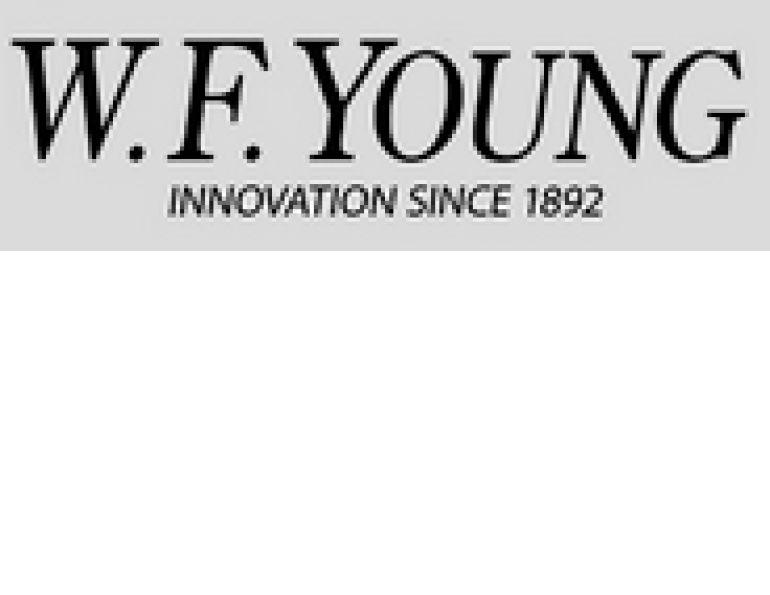Source: SPANA
Millions of donkeys across Africa are under threat from poachers as the demand for the cosmetic ingredient “ejiao” is driving a brutal donkey skins trade.
Ejiao, or donkey-hide gelatin, is obtained from the skin of donkeys by soaking and stewing, and used as an ingredient in traditional Chinese medicine. Ejiao manufacturers claim the substance has many health benefits, including reducing wrinkles, curing anaemia, boosting energy, enhancing libido, and shrinking tumours, but there is little scientific evidence to support these claims.
The recent growth in the Chinese middle class has led to a surge in consumer demand for ejiao. Poachers are swarming Africa and have cut donkey populations by as much as 38 percent in just two years.
Stolen donkeys are forced into the back of trucks and taken to an abattoir where they are left to starve. In order to get the skins from the donkeys, it is easier to actually starve them.
If the abattoir cannot legally be shut down, the donkeys are brutally killed and skinned.
Working donkeys are vital to the livelihoods of many poor communities in countries such as Mali, Botswana, and Zimbabwe. Donkeys that remain bear the brunt of the work and are under serious threat from poachers. The increased demand for donkey skins from Africa has caused the price of a donkey to inflate by three to four times in some countries, making donkey ownership unaffordable for many, and devastating communities.

Around the world as many as 200 million animals transport goods to markets, children to schools, and water and supplies to remote communities.
Donkey thefts have become rampant. At least ten African countries have now announced bans or restrictions on the trade, including Mali, Botswana, Tanzania, and Niger. It’s a good start, but there’s still a long way to go, and SPANA is committed to seeing a halt to the trade across Africa until its impact is assessed.
Society for the Protection of Animals Abroad (SPANA) is working closely with a number of national governments in Africa to implement bans or restrictions on the slaughter of donkeys and export of donkey products.
In some cases, bans have caused the trade to move underground, and so enforcement is critical. SPANA is helping to run workshops with local police forces and regulators in countries including Zimbabwe to ensure that laws and regulations are effectively imposed.
SPANA is working alongside a number of other organizations, including The Donkey Sanctuary, Brooke, and World Horse Welfare, to raise global awareness of the issue among retailers and help authorities keep track of the illicit trade in skins. They are also directly engaging with the communities that have been impacted by the ejiao trade.
SPANA has already made important steps towards halting this trade, which you can read about HERE. But despite these successes, work needs to be done on the ground, and fast.
With your support, SPANA can fight theft by building corral enclosures to keep donkeys safe overnight. Owners can be trained to become “Donkey Champions,” who act as the first line of defence against disease, injury, and donkey theft in their community.
Please support this special appeal, and safeguard the futures of these animals and their communities.
Watch SPANA’s short film about the donkey skins trade.
Please donate to help stop the suffering and end the donkey skins trade.
Photos courtesy of SPANA.





























